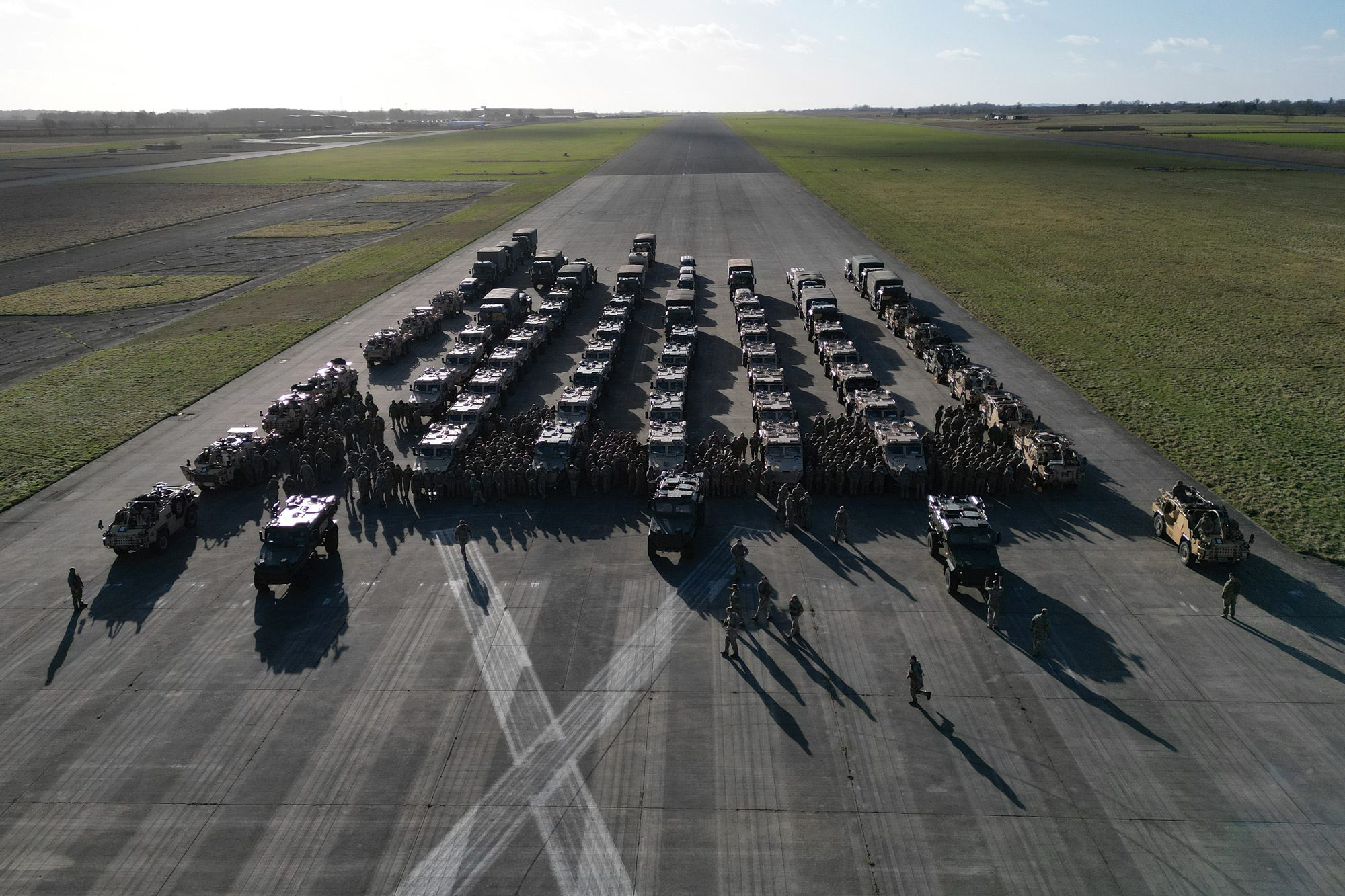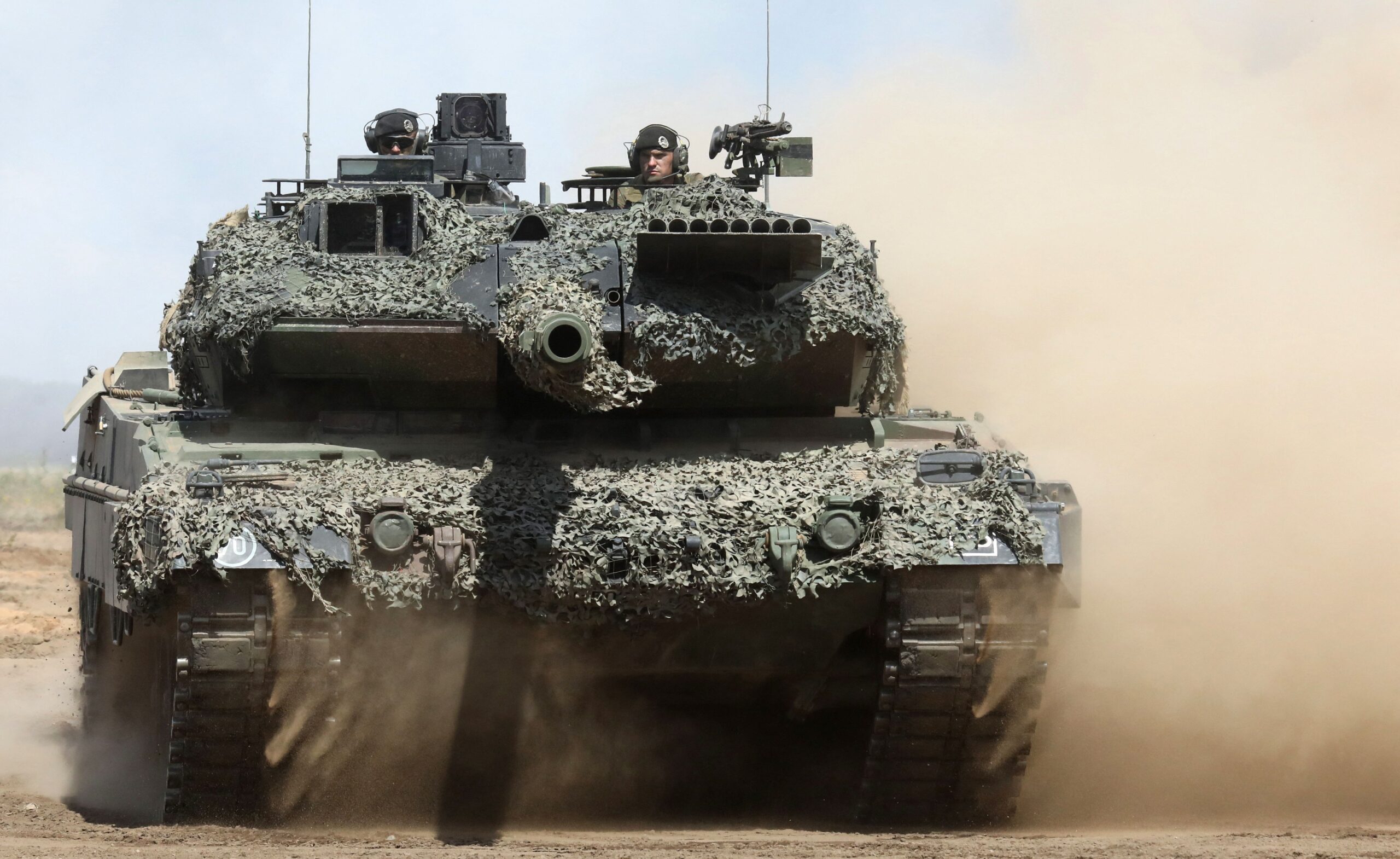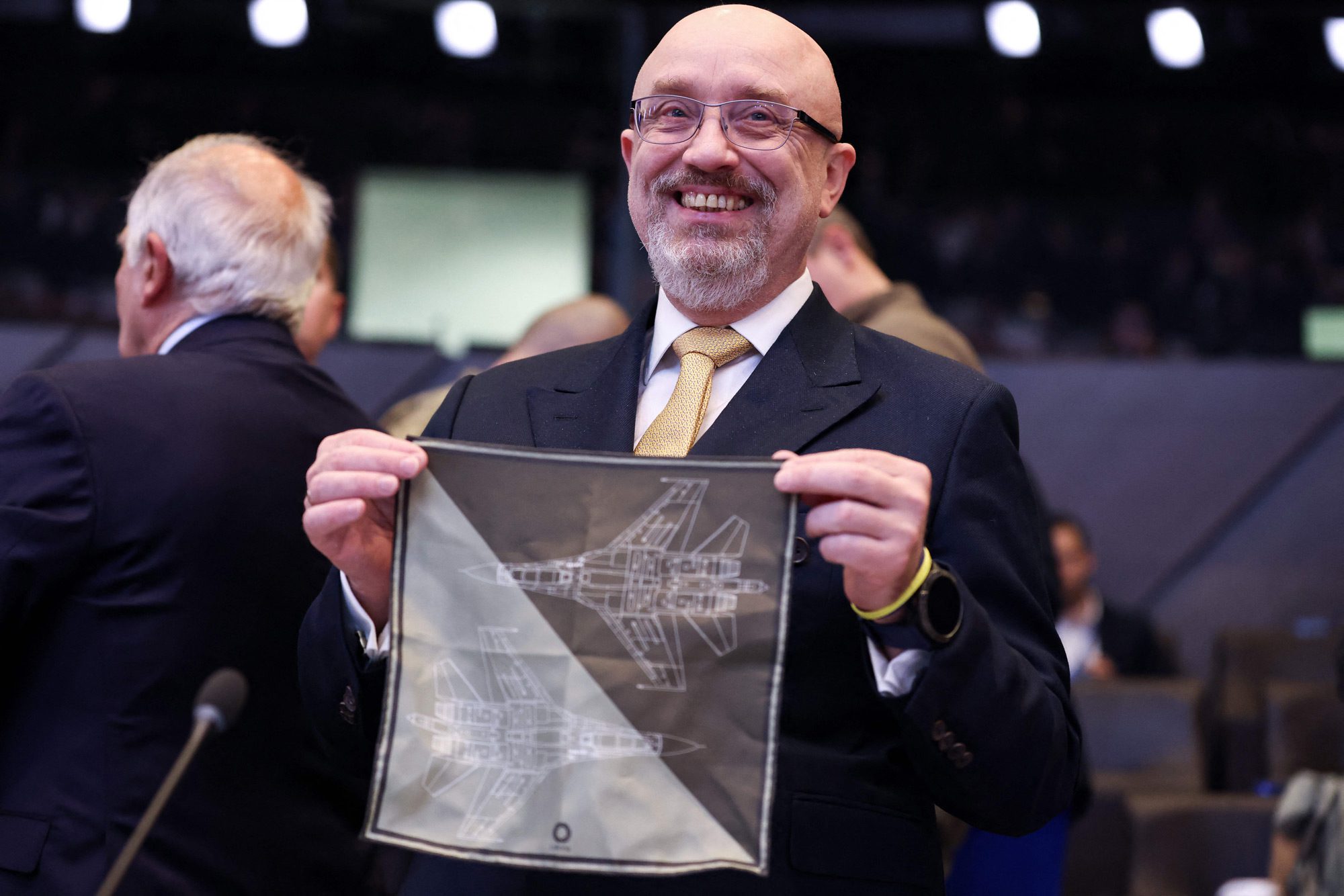Is It Easier to Turn a Blind Eye? Russia Will Find Weapons for War with NATO If the Battle for Ukraine Is Frozen
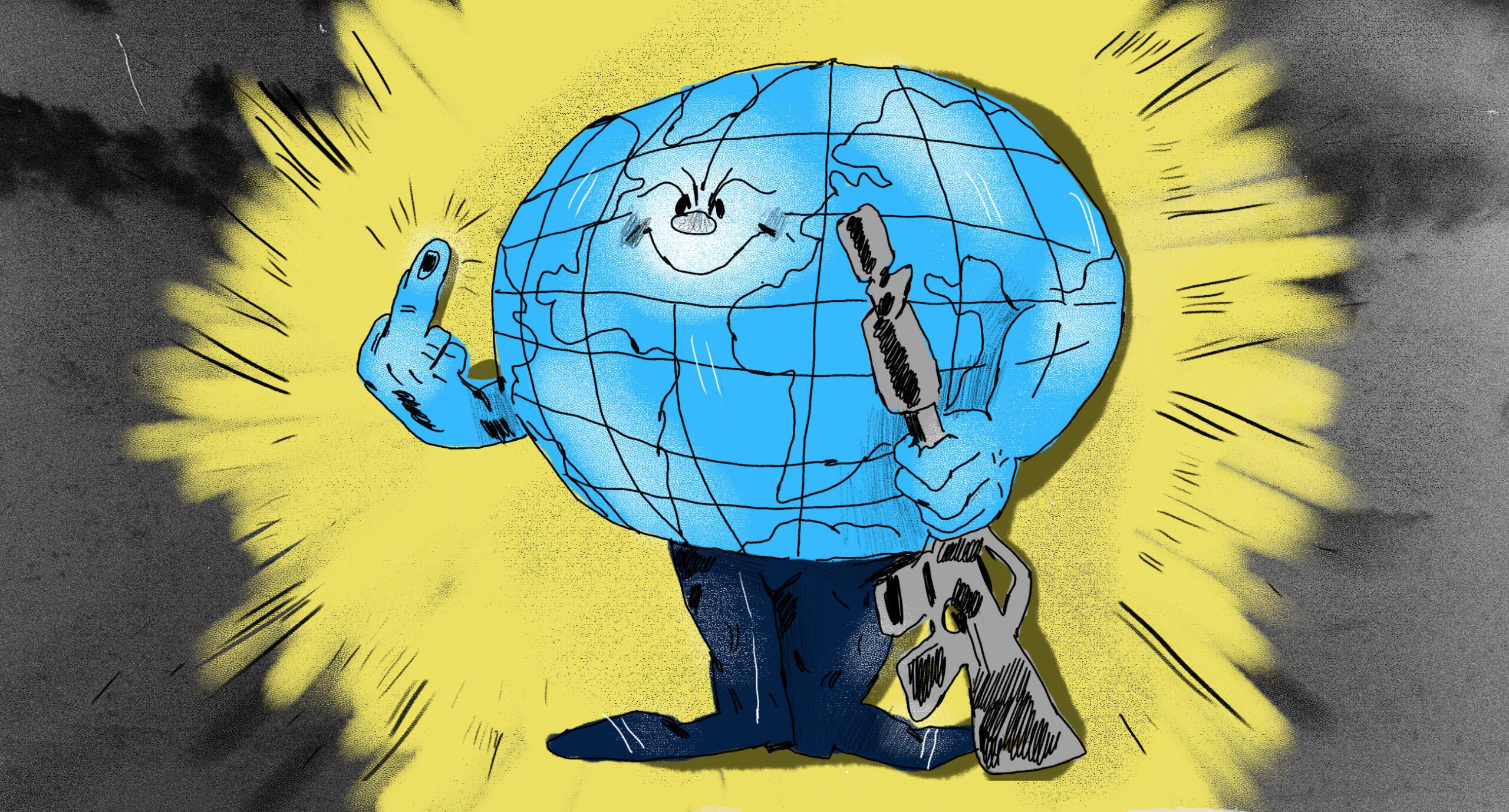
NATO has launched Steadfast Defender 2024, the largest exercise since the end of the Cold War. It will last until May and is intended to demonstrate the ability to rapidly deploy troops from North America and other parts of the Alliance to strengthen European defense in case of a possible Russian offensive.
European politicians and NATO commanders are increasingly talking about the possibility of such a development. According to some forecasts, Russia may try to attack a European country shortly. But will Moscow risk a direct military clash with the Alliance? Zaborona editor Svitlana Hudkova together with experts analyzed the conditions under which this could happen and who would become Russia’s ally.
Russia’s attack on a NATO country: the Kremlin’s goal
Russia probably has no intention of attacking NATO member states for further large-scale military operations and occupation of territories. The Kremlin is considering slightly different scenarios, which are aimed mainly at scaring European countries with the possibility of transferring the fighting to their territory, thereby forcing the leaders of these countries to deal with their own security and help Ukraine less.
Today, seeing the weakness of European countries, Russia will be ready to continue provoking them to concentrate resources on their territories rather than helping Ukraine, national security expert and Ukrainian Armed Forces serviceman Ivan Varchenko said in a commentary to Zaborona.
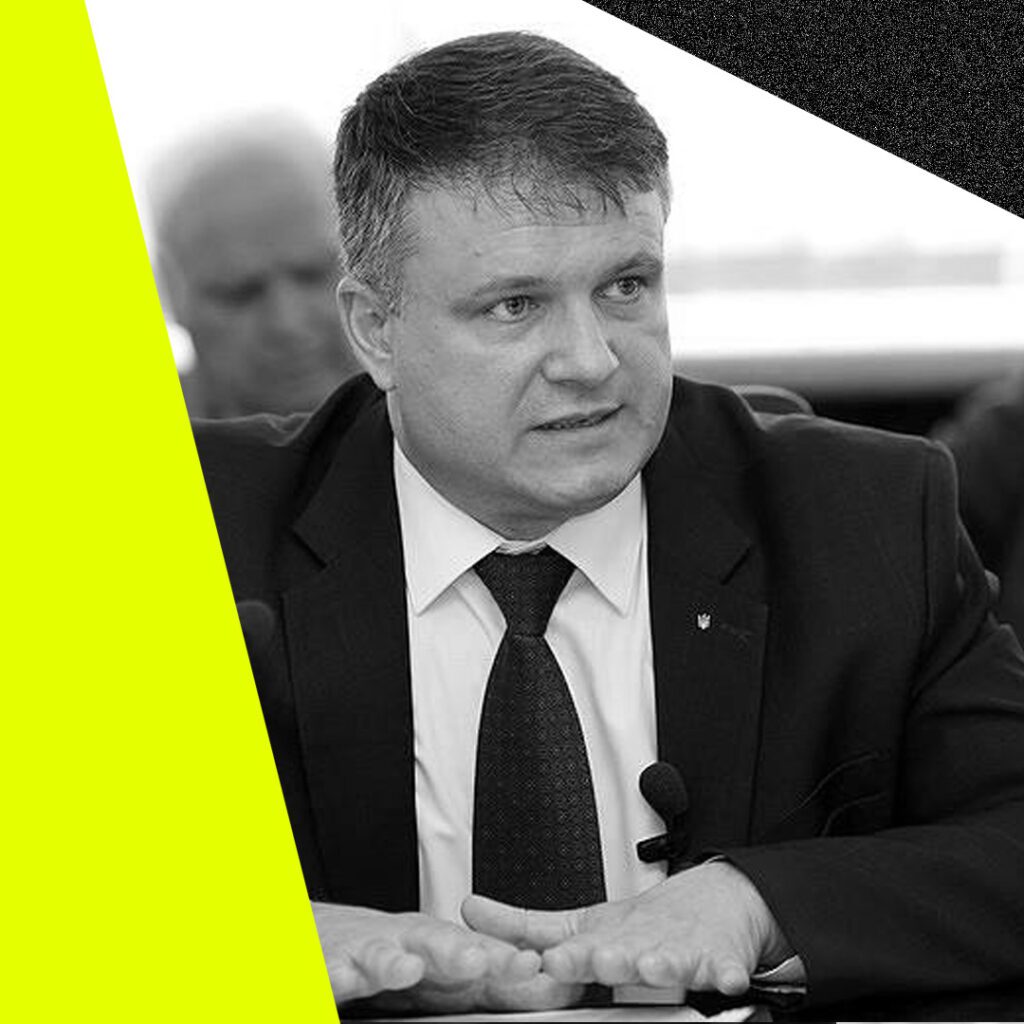
Ivan Varchenko. Photo: Facebook / Ivan Varchenko
“For example, not just one Russian missile, as was the case with Poland, but several may ‘accidentally’ enter the airspace of the Baltic states. Or an airplane could fly in and be shot down by air defense forces. Of course, then the Russian Federation will follow up with demarches, diplomatic notes, and several other measures that will indicate an escalation on the Western fronts. Russia hopes that Europe will flinch and that each country will now close itself off in its own world and begin to worry about strengthening its own, not collective, security. And now Russia is managing to develop a similar scenario,” he said.
According to Varchenko, the more European countries are afraid, the more individual countries focus on their own problems, the more active the Kremlin will be in its provocations.
“I can already see negative trends among some European elites who are trying to lull the energy of their societies in a desire to help Ukraine by focusing their thoughts on the fact that war may come to their territories. I understand the manipulative nature of such theses, even though they can be expressed by the leaders of countries that are among our largest partners,” he says.
That is why the national security expert calls on European and NATO countries to help Ukraine first and foremost, and only then to take care of collective security. Because Russia’s goal is to reduce support for Ukraine and weaken the security unity of European countries and NATO members.
“If NATO countries now allow themselves to hide in a comfortable bubble, it is clear that the threat of a Russian invasion of the Alliance may well materialize. Russia has effectively broken the entire system of collective security and shown that international security agreements are worthless to it. Another additional argument for the Kremlin is that NATO has demonstrated its inability to mobilize resources quickly. And we see that national institutions have been stuck in quickly providing the necessary resources to Ukraine. Seeing these weaknesses, of course, Russia will try to take advantage of them,” Varchenko said.

Soldiers from the 2nd Battalion The Royal Anglian Regiment, also known as ‘The Poachers’ gather for a photo during a media visit to Kendrew Barracks on January 26, 2024, near Oakham, England. Photo: Leon Neal / Getty Images
While the active phase of the war in Ukraine continues, Europe can sleep peacefully
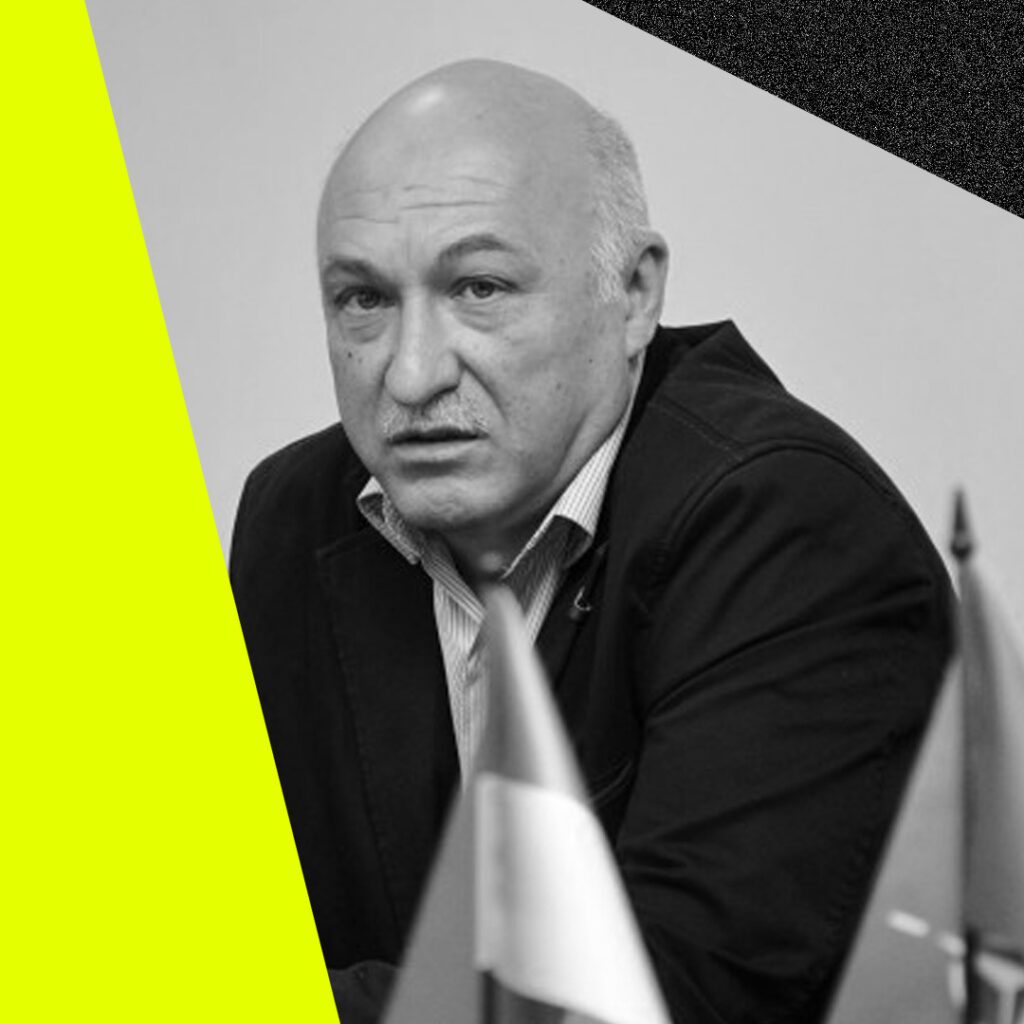
But at the same time, the Russians did not abandon the option of attacking a NATO country, said Pavlo Lakiychuk, head of security programs at the Center for Global Studies “Strategy XXI”. He recalls that in 2017, Russians and Belarusians held Zapad joint military exercises. According to the legend of these exercises, Belarus is attacked by a coalition of three countries: Weishnoria, Vesbaria, and Lubenia. The first imaginary country is located on the territory of Belarus, while the other two are in Poland and Lithuania, as well as Lithuania and Latvia. Despite the assurances of the participants that the exercises were exclusively defensive, the leaders of the Baltic states confidently stated that Moscow and Minsk were preparing for an invasion. And their fears were understandable, as the previous Zapad 2013 exercises practiced a scenario of seizing Ukrainian territory, which began to be implemented in 2014.
According to the military expert, NATO has long been reluctant to respond to such provocative actions by Russia. And even after the events in Ukraine in 2014, European countries and NATO failed to change the partnership strategy to a deterrence strategy. “It is very uncomfortable to feel that you are the target of an aggressor. It’s easier to turn a blind eye and reject the threat. But Russia’s large-scale invasion of Ukraine has opened the eyes of many,” says Lakiychuk.

A German army tank Leopard 2A6 takes part in the bilateral Lithuanian-German military exercise ‘Griffin Storm’. Lithuania on June 26, 2023. Photo: PETRAS MALUKAS / AFP via Getty Images
The second shock for the Europeans was that their military capabilities did not meet the declared indicators. Some of the weapons in the warehouses turned out to be simply unsuitable for combat operations, and the military-industrial complex was unprepared for the challenges of today. That is why the military and political leaders of European countries now say that they need 3-5 years to prepare for war.
“Our partners are increasing the production of their military-industrial complex, including at the expense of Ukraine. They give us old models of weapons, such as MiG-29 airplanes or T-72 tanks, and in return, they get modern F-16s and Leopard or Abrams. Europe is now building up its defense capabilities in big ways and is more active than it is in helping Ukraine. For us, this situation is not entirely favorable, because we need modern, technological weapons that would outweigh the enemy and lead to serious changes on the battlefield,” the military expert said.
In fact, Ukraine is closing Europe in while it builds up Ukraine’s military power. Moreover, as long as the active phase of the war continues, Russia is unlikely to be able to open a second front.
“Currently, all the combat capabilities of the Russian army are concentrated in or around Ukraine. Therefore, even a small, low-intensity conflict simultaneously with the war in Ukraine will not be possible for the Russians. But this does not mean they will not be able to build up these capabilities very quickly in the event of a conflict freeze. Russia has switched its defense industry to a military mode, and if the machine that utilizes all this stops, it will take them a little time to build up offensive capabilities,” said Lakiychuk.

Ukrainian Defence Minister Oleksiy Reznikov displays a handkerchief depicting schematics of a Su-27 fighter jet before a meeting of the NATO alliance’s Defence Ministers at the NATO Headquarters in Brussels on February 14, 2023. Photo: KENZO TRIBOUILLARD / AFP via Getty Images
The alliance of the Axis of Evil and the Chinese factor
But while the Ukrainian military continues to utilize the military potential of the Russian army, Moscow has found a way to replenish its stockpile by supplying weapons from Iran and North Korea. Currently, these supplies are not very large-scale, but military-technical cooperation between these countries already demonstrates an allied character, says Pavlo Lakiychuk.
But whether this alliance will become a global threat depends on the position of China, which has not yet made a final political decision.
“The Chinese realize that after Russia lost its status as a second world power, they have taken over this niche. And in the global confrontation, China is already the first to act, regardless of whether Russia will help it. But it is still difficult to say what China is inclined to do, to what extent it is ready to defend its idea of world domination, and by what means: military or economic, whether it will be soft power or a tough military confrontation. And then there is the question of whether China is interested in a military-political alliance between Russia, the DPRK, and Iran. Here, Beijing’s interests may even be opposite,” summarizes Pavlo Lakiychuk.

